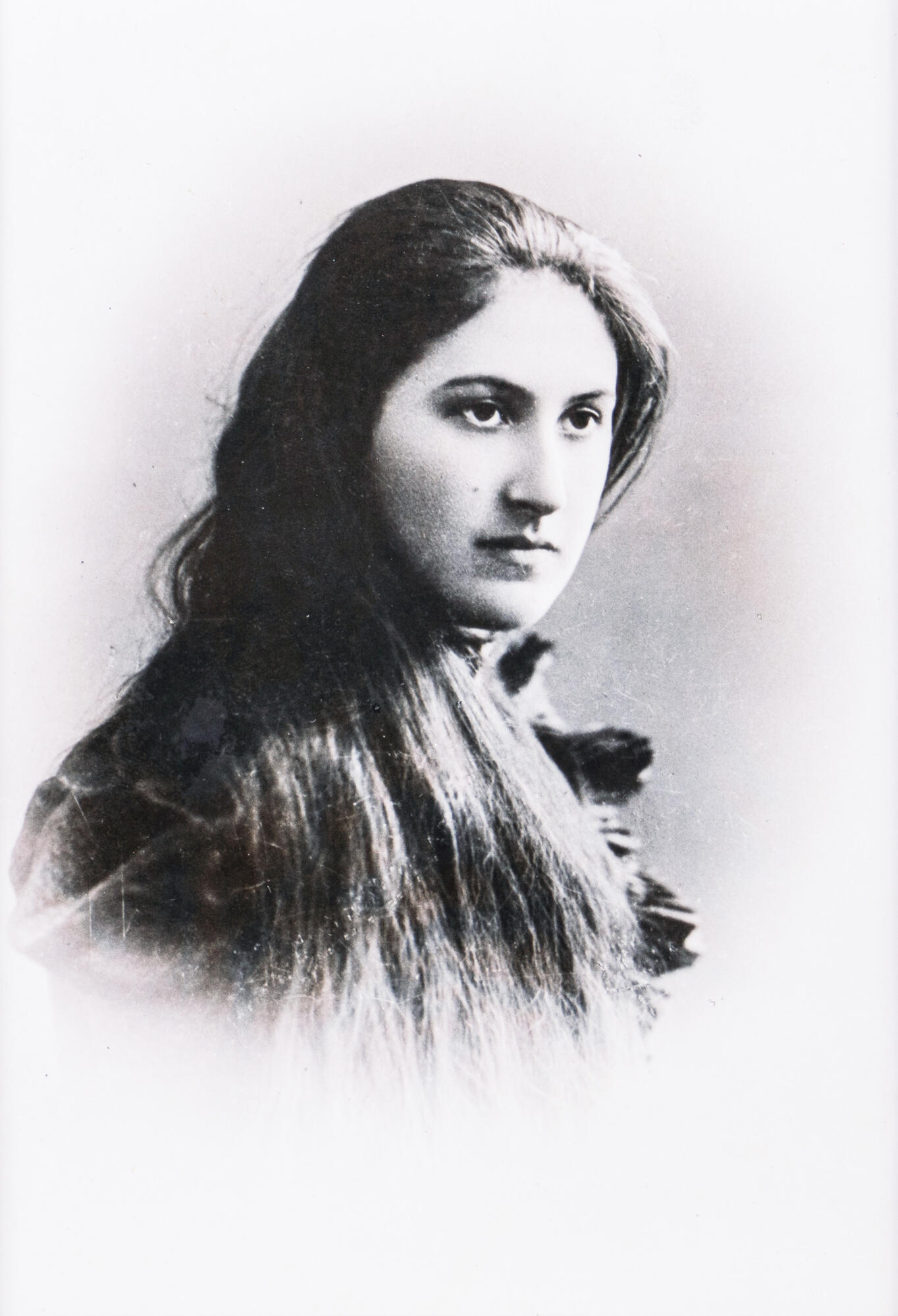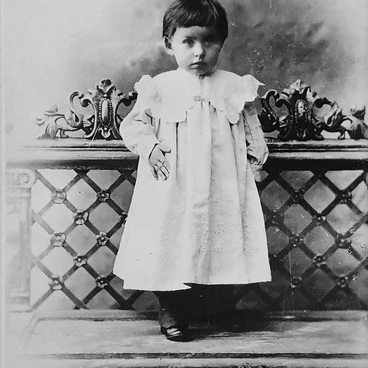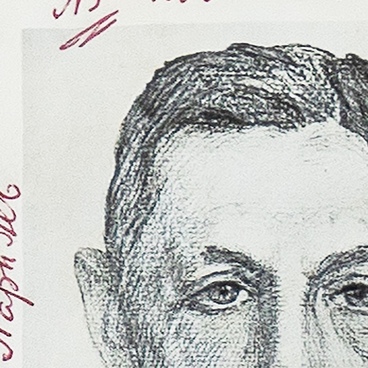While living in Odessa, in 1898 Ivan Bunin met the family of the Russian Greek Nikolai Tsakni, the publisher and editor of ‘Iuzhnoe Obozrenie’ newspaper. Vera Muromtseva, the second wife of the classic, wrote that once the Tsakni family invited Bunin to their dacha. There, at the entrance to an overgrown southern garden, he saw a spectacular beauty – Anna, Tsakni’s daughter from the first marriage. The writer fell in love at first sight and after just a few days he made her a marriage proposal.
“The wedding was scheduled for the 23rd of September, they were married in a church at the Greek Bazaar; Tsakni lived on Kherson Street, ” – Vera Muromtseva later recalled her conversation with Bunin about his first marriage. – “After the wedding, the “young husband” and his father-in-law, having started talking, went out to the porch and unconsciously went home together. One can only imagine what impression this made on the “young wife”… I asked Ivan Alekseevich, how could he leave after the wedding without his wife? [He answered] – I did not give any importance to this, besides, we talked about something very interesting with Nikolai Petrovich, I forgot that the newlyweds should return together… ’
Soon the couple had a son, Nikolai (he died in 1905 from scarlet fever), but in general, however, family life turned out to be not what Bunin imagined it to be. It quickly turned out that the writer could not count on either spiritual closeness or mutual feeling on the part of his wife. This caused him great mental anguish, and in March 1900 Bunin and Tsakni parted.
Bunin remembered his love throughout his life. To Irina Odoevtseva, an emigrant writer, the writer told: ‘Don’t you still know that at seventeen and seventy people love the same way? Haven’t you realized yet that love and death are inextricably linked? Every time I experienced a love catastrophe – and there were a lot of them, these love catastrophes, in my life, or rather, almost every love of mine was a catastrophe – I was close to suicide. Even when there was no disaster, just another spat or separation. I wanted to commit suicide because of Varvara Pashchenko. Because of Ania, my first wife, too, although I really did not love her. But when she left me, I was literally going crazy. For months. Day and night I was thinking about death…’
“The wedding was scheduled for the 23rd of September, they were married in a church at the Greek Bazaar; Tsakni lived on Kherson Street, ” – Vera Muromtseva later recalled her conversation with Bunin about his first marriage. – “After the wedding, the “young husband” and his father-in-law, having started talking, went out to the porch and unconsciously went home together. One can only imagine what impression this made on the “young wife”… I asked Ivan Alekseevich, how could he leave after the wedding without his wife? [He answered] – I did not give any importance to this, besides, we talked about something very interesting with Nikolai Petrovich, I forgot that the newlyweds should return together… ’
Soon the couple had a son, Nikolai (he died in 1905 from scarlet fever), but in general, however, family life turned out to be not what Bunin imagined it to be. It quickly turned out that the writer could not count on either spiritual closeness or mutual feeling on the part of his wife. This caused him great mental anguish, and in March 1900 Bunin and Tsakni parted.
Bunin remembered his love throughout his life. To Irina Odoevtseva, an emigrant writer, the writer told: ‘Don’t you still know that at seventeen and seventy people love the same way? Haven’t you realized yet that love and death are inextricably linked? Every time I experienced a love catastrophe – and there were a lot of them, these love catastrophes, in my life, or rather, almost every love of mine was a catastrophe – I was close to suicide. Even when there was no disaster, just another spat or separation. I wanted to commit suicide because of Varvara Pashchenko. Because of Ania, my first wife, too, although I really did not love her. But when she left me, I was literally going crazy. For months. Day and night I was thinking about death…’



